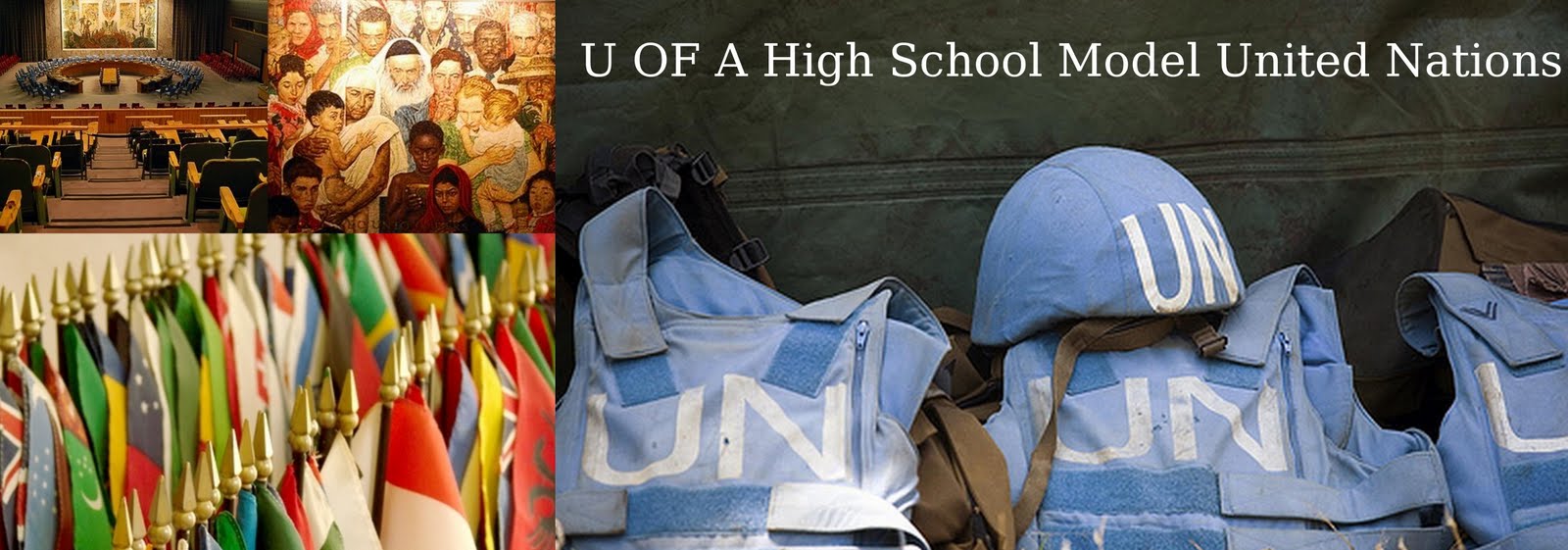In the news this week:
Owning up to the past
- Following the civil war, the Sri Lankan government and the rebel group, the Tamil Tigers, have officially denied the use of improper military tactics such as using civilians as human shields or targeting insurgents known to be hiding among civilian populations. It is, however, a promising start that the government has recently announced it will begin a tally of civilian deaths from the war. Given that many civilian deaths go undocumented during internal conflicts, delegates should think about establishing objective criteria to document monitor civilian deaths and bring this information to the attention of the international community sooner.
Tensions in the Middle East
- The ISAF and NATO have announced they will begin retraining troops to avoid further civilian casualties after the latest fallout from airstrikes in Pakistan. The challenge of influencing the military tactics used by international military forces is a source of constant frustration for Pakistan and Afghanistan, who are only capable of forcing change through dramatic gestures such as Pakistan's recent closure of key NATO transport lines.
Hopefully, these news articles will get you thinking about the broader themes in preventing high instances of civilian casualties given that the international actors involved in using 'illegitimate' military tactics are autonomous bodies that don't fall directly under the jurisdiction of the United Nations. Can the UN rely on international pressure and goodwill alone to enact change?
Happy researching!




No comments:
Post a Comment